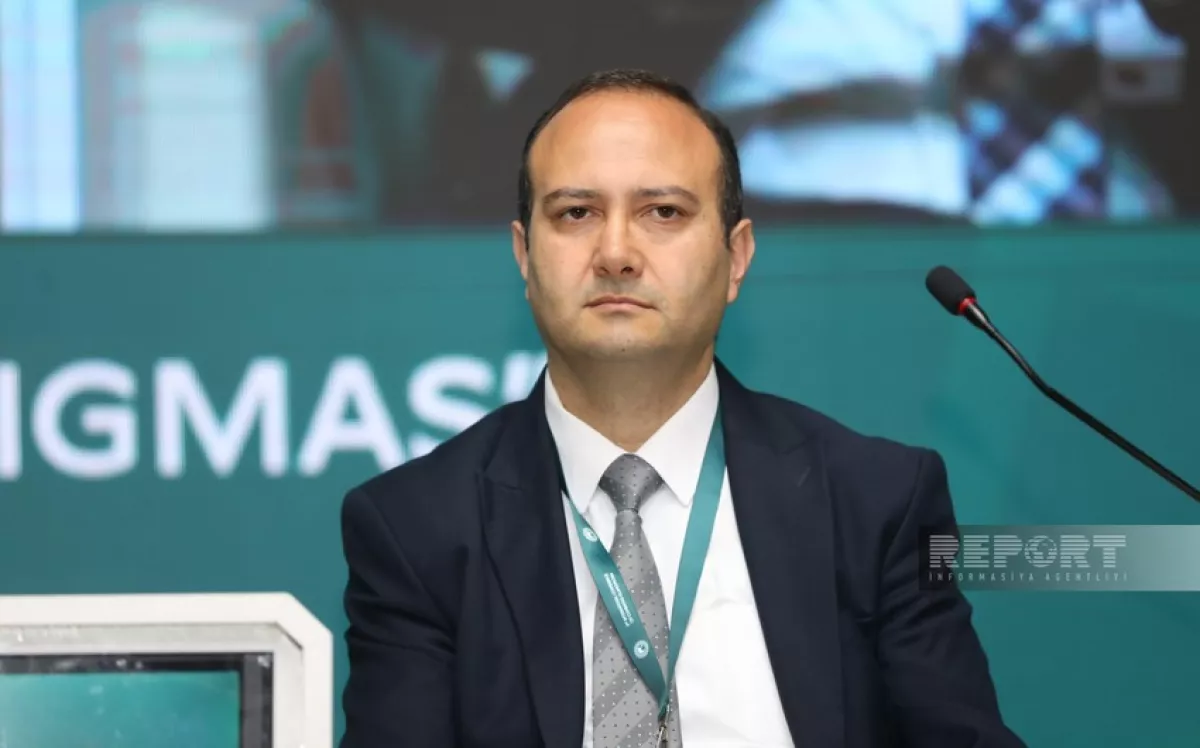President of Strasbourg Mosque sounds alarm on rising Islamophobia in France Photo
Islamophobia in France has reached worrying levels in recent years, according to Said Aalla, President of the Strasbourg Grand Mosque.
He made the remarks during a panel session at an international academic conference held in Baku, titled “Islamophobia in Focus: Unveiling Bias, Shattering Stigmas,” Caliber.Az reports per local media.
Aalla warned that aggression towards Muslims has become a rhetoric commonly used by right-wing political forces in France. “Politicians have not remained aloof; they have exhibited aggression under the guise of freedom of speech. During the 2017 presidential elections, the term ‘separatism’ entered the lexicon of right-wing parties, marking a new phase,” he said.
He highlighted the persistent suspicion directed at Muslims in France: “The country has passed laws against separatism in schools. Children are banned from wearing the chador in secondary schools, and parents who pick them up are prohibited from wearing the hijab. Muslims are barred from entering certain places. Since September 11, incidents of aggression towards Muslims in France have increased.”

The issue of entrenched negative perceptions of Islam across Europe was further addressed by Agil Shirinov, Rector of the Azerbaijan Institute of Theology, during the same conference. Shirinov attributed the surge in Islamophobia in Europe largely to the second half of the 20th century, spurred by the mass migration of Muslims to Western countries.
“Certainly, the negative perception of Islam is exacerbated by the actions of radical groups who hide behind religion, as well as anti-Islamic propaganda in the media and social networks. However, it is essential to recognise the deeper historical context. Europe has harboured a persistent negative image of Islam and Muslims since the Middle Ages, which continues to influence public consciousness today,” Shirinov said.
He recalled that the first major clash between Islamic and European civilisations occurred in the 8th century during the Muslim conquest of the Iberian Peninsula. “It is from this point that ideological and cultural hostility began to take shape — hostility whose traces can still be found in European politics and culture to this day,” he added.
This combined historical and contemporary perspective sheds light on the complex roots of Islamophobia in Europe and underlines the ongoing challenge faced by Muslim communities in France and beyond.
By Aghakazim Guliyev








